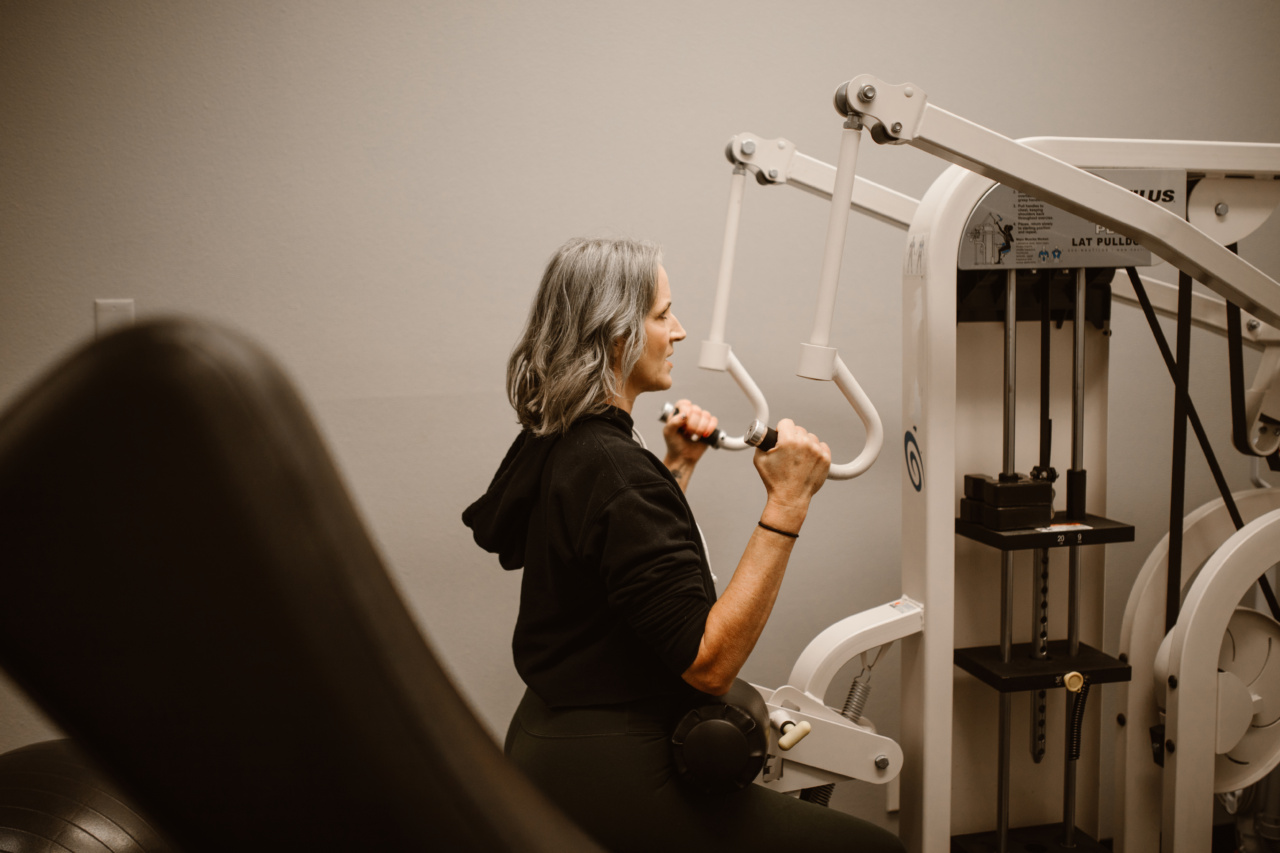Menopause is a natural stage in a woman’s life that typically occurs between the ages of 45 and 55, marking the end of her reproductive years.
While menopause is a normal part of the aging process, it often comes with a range of symptoms that can be quite challenging for some women to manage. These symptoms may include hot flashes, night sweats, mood swings, vaginal dryness, insomnia, and weight gain, among others.
While some women may opt for hormone replacement therapy (HRT) to alleviate menopausal symptoms, others may prefer to explore natural remedies and lifestyle changes.
In this article, we will discuss eight effective tips for dealing with menopausal symptoms naturally, helping women navigate this significant transition with grace and ease.
1. Adopt a Healthy Diet
Eating a nutritious diet is crucial for overall health and wellbeing, especially during menopause. Incorporating a variety of fruits, vegetables, whole grains, lean proteins, and healthy fats into your meals can help alleviate menopausal symptoms.
Additionally, certain foods rich in phytoestrogens, such as soy products, flaxseeds, and chickpeas, may provide relief from hormonal imbalances.
2. Regular Physical Exercise
Engaging in regular physical exercise offers multiple benefits for menopausal women. Exercise can help manage weight, reduce the risk of osteoporosis, improve mood, and promote better sleep.
Aim for at least 30 minutes of moderate-intensity aerobic activity, such as brisk walking, cycling, or swimming, most days of the week. Incorporating strength training exercises can also help maintain muscle mass and bone density.
3. Practice Stress-Reduction Techniques
Stress can exacerbate menopausal symptoms, so it’s essential to find healthy ways to manage stress.
Incorporating stress-reduction techniques such as deep breathing exercises, mindfulness meditation, yoga, or tai chi into your daily routine can help promote relaxation and ease menopausal symptoms.
4. Get Sufficient Sleep
Menopause can often disrupt sleep patterns, leading to insomnia and daytime fatigue. Creating a conducive sleep environment and establishing a consistent sleep schedule can greatly improve sleep quality.
Avoiding caffeine and electronic devices before bed, practicing relaxation techniques, and ensuring a comfortable sleeping environment can all contribute to better sleep.
5. Stay Hydrated
Drinking an adequate amount of water is crucial for overall health and can also help alleviate menopausal symptoms. Proper hydration can reduce hot flashes and night sweats and promote healthy skin.
Aim to drink at least eight glasses of water per day and limit the consumption of caffeinated beverages, as they can contribute to dehydration.
6. Herbal Remedies
Several herbal remedies have been traditionally used to alleviate menopausal symptoms. Black cohosh, red clover, dong quai, and evening primrose oil are among the most commonly used herbs for menopause relief.
However, it’s important to consult a healthcare professional before starting any herbal supplementation.
7. Seek Emotional Support
Menopause can bring about a range of emotional changes, including mood swings, irritability, and depression. Seeking emotional support from friends, family, or a therapist can provide a safe space to express and process these emotions.
Joining support groups specifically for menopausal women can also offer a sense of community and understanding.
8. Consider Alternative Therapies
Several alternative therapies have shown promise in alleviating menopausal symptoms. Acupuncture, for example, is an ancient Chinese practice that involves inserting thin needles into specific points of the body to restore balance and relieve symptoms.
Other therapies such as aromatherapy, massage, and chiropractic care may also provide relief for certain menopausal symptoms.
Conclusion
Menopause is a significant milestone in a woman’s life, and while it may bring about a range of symptoms, there are many natural ways to manage them effectively.
By adopting a healthy diet, engaging in regular exercise, practicing stress-reduction techniques, getting sufficient sleep, staying hydrated, considering herbal remedies, seeking emotional support, and exploring alternative therapies, women can find relief and embrace this transition with confidence.






























